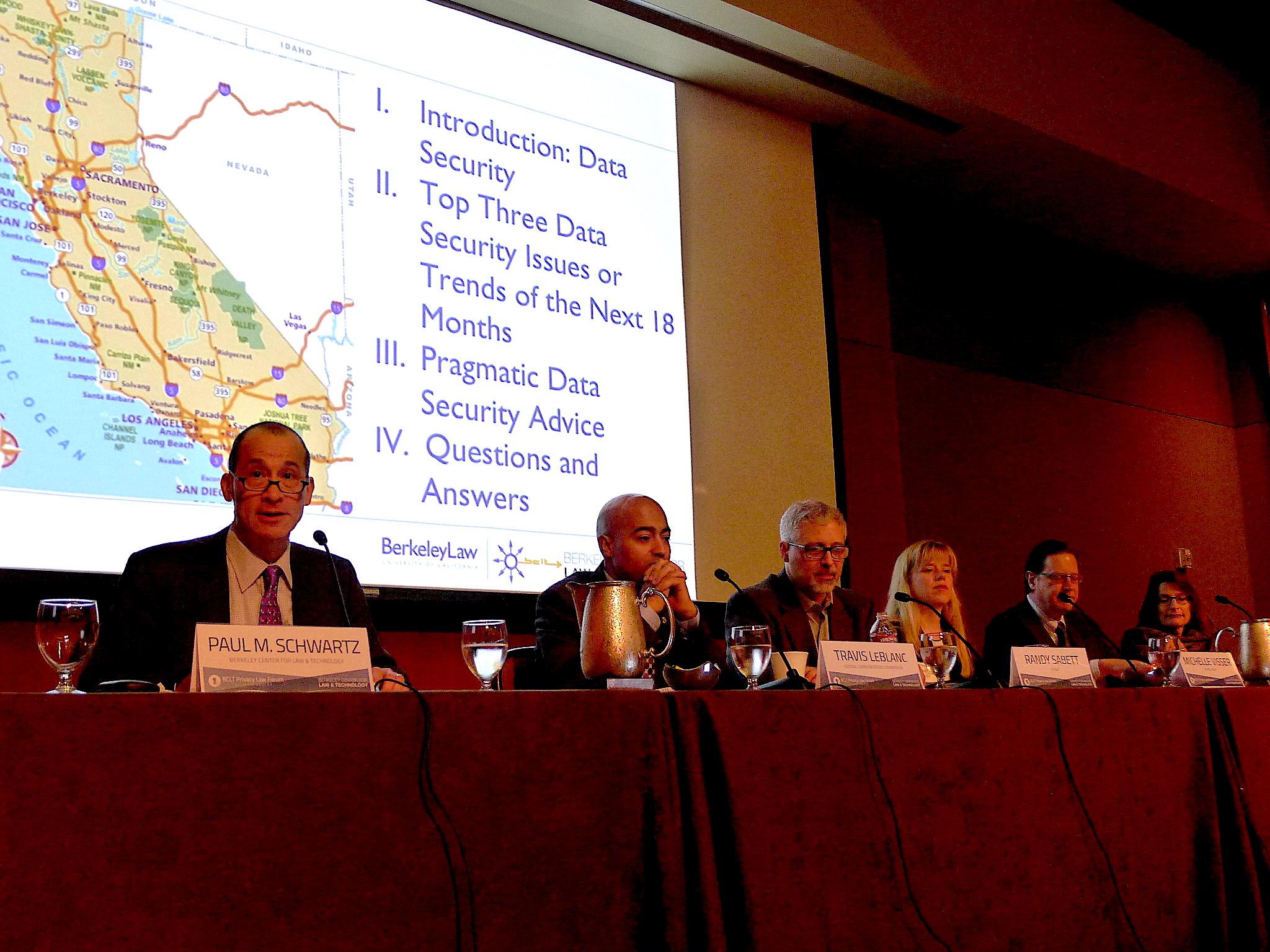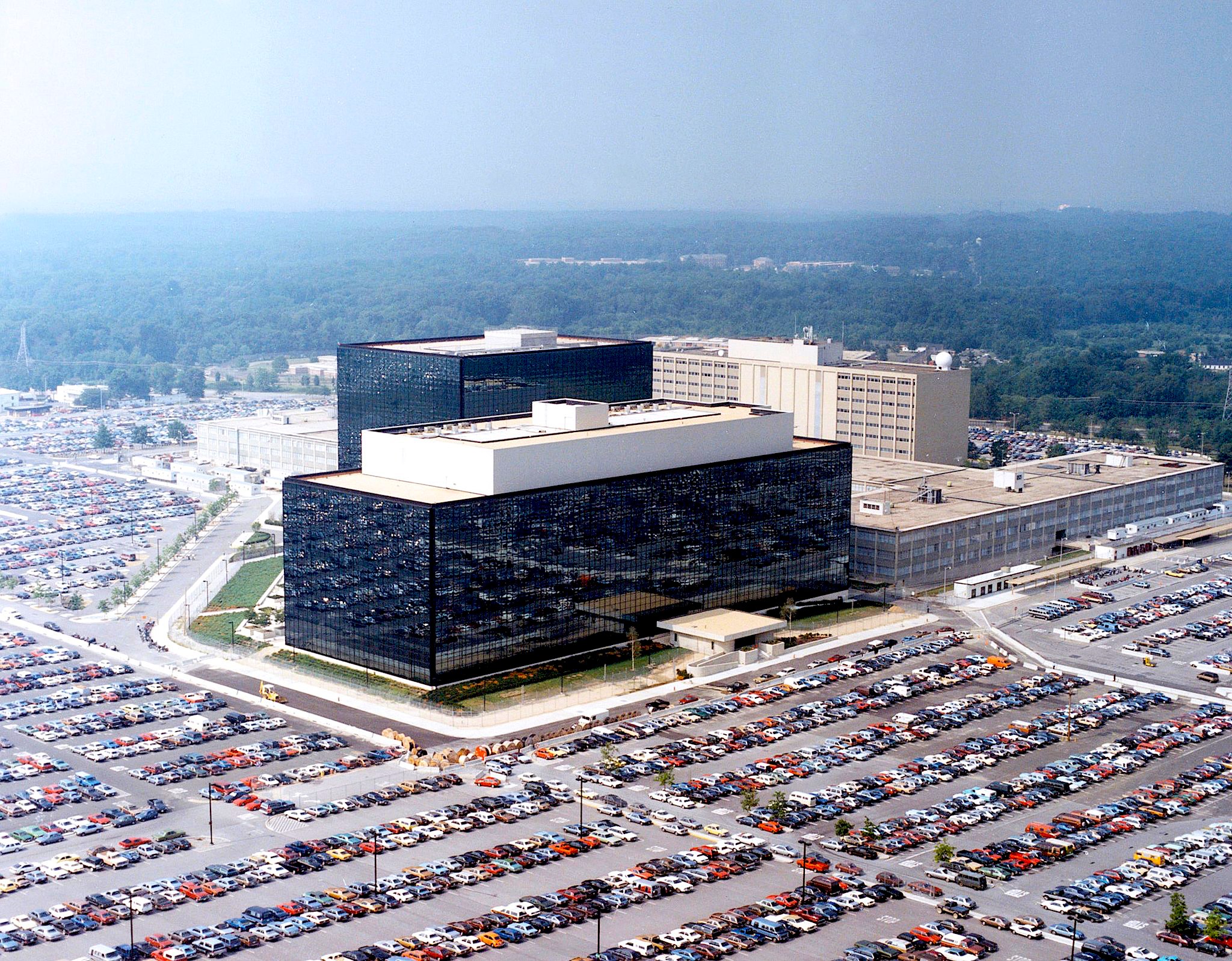James Bovard skewers the civil liberties watchdog board, calling it the same kind of lap dog as the Foreign Intelligence Surveillance Court.

Tucker Carlson in 2020. (Gage Skidmore, CC BY-SA 2.0, Wikimedia Commons)
By James Bovard
The American Conservative
 Fox News host Tucker Carlson was mocked on social media this week for stating that he had been told that the National Security Agency was reading his private emails and spying on him. The usual suspects called Carlson paranoid, because there are so many checks and balances to assure the feds would never illegally target a vexatious critic of President Joe Biden.
Fox News host Tucker Carlson was mocked on social media this week for stating that he had been told that the National Security Agency was reading his private emails and spying on him. The usual suspects called Carlson paranoid, because there are so many checks and balances to assure the feds would never illegally target a vexatious critic of President Joe Biden.
However, late last month, a dissent by Travis LeBlanc, a member of the Privacy and Civil Liberties Oversight Board, revealed that one of the NSA’s most intrusive surveillance engines, XKeyscore, may be violating federal law and Americans’ rights and privacy.
In 2013, Edward Snowden leaked documents proving that XKeyscore was the surveillance state’s incarnation of paranoia. What did it take for the NSA to justify vacuuming up Americans’ emails and internet data? Merely detecting “someone searching the web for suspicious stuff.”
The peril of that farcical standard was compounded because, as Snowden explained, NSA surveillance tools enabled him to “wiretap anyone, from you or your accountant, to a federal judge or even the president, if I had a personal email.” Thanks to its all-encompassing standard of “suspicious,” NSA has “assembled on the order of 20 trillion [email and phone] transactions about U.S. citizens with other U.S. citizens,” according to former NSA senior analyst William Binney.
Six months after Snowden’s disclosures began, federal judge Richard Leon issued a ruling denouncing the NSA surveillance regime as “almost Orwellian”:
“I cannot imagine a more indiscriminate and arbitrary invasion than this systematic and high-tech collection and retention of personal data on virtually every single citizen for purposes of querying and analyzing it without prior judicial approval.”
Watchdog Begins Investigation
After the uproar created by the Snowden revelations, the civil liberties watchdog board leaped into action to investigate XKeyscore. Six years later, the board finished its 56-page report, a confidential version of which was provided to the White House and select members of Congress in March.
Unfortunately, the board apparently did not have time to look under any rocks to see what the NSA might be hiding. In a dissent partially declassified in late June, LeBlanc complained that the board failed to ask “how many U.S. persons have been impacted by XKeyscore, how much data the program collects and analyzes, how widely information analyzed through XKeyscore is shared, the number of lives saved, or the number of terrorist events averted as a result of XKeyscore.”

Travis LeBlanc, second from left, on a panel on data security in 2015. (BCLT Berkeley Law, Flickr, CC BY-NC-ND 2.0)
In 2019, XKeyscore resulted in “hundreds of compliance incidents,” and LeBlanc noted that “U.S. law and the known collection or processing of U.S. person information are serious compliance issues.” However, the civil liberties oversight board did not “request specific information” about violations of U.S. law by NSA. LeBlanc groused that the board’s report “reads more like a book report of the XKeyscore program than an independent oversight analysis.”
The NSA apparently never even bothered doing a formal analysis of the legality or constitutionality of XKeyscore until 2016, after the oversight board specifically requested such information. The NSA later claimed that it had done earlier legal analyses that justified XKeyscore but refused to share them with the oversight board. LeBlanc told The Washington Post,
“We have a very powerful surveillance program that eight years or so after exposure, still has no judicial oversight, and what I consider to be inadequate legal analysis and serious compliance infractions.”
NSA Repeats Itself

August 2014: Wired Magazine with Edward Snowden on cover on news stand. (Mike Mozart, Flickr, CC BY 2.0)
The NSA claims it conducted “appropriate legal reviews” for XKeyscore. It said the same thing when Snowden started blasting their credibility to smithereens. Rebecca Richards, NSA’s civil liberties and privacy officer, declared that the compliance incidents were investigated and “we found them to be standard intelligence practices.”
This is not as reassuring as Richards might have hoped. Consider the harebrained legal rationales that justified data roundups after 9/11. Section 215 of the Patriot Act entitles the government to seize — without a warrant — information relevant to a terrorism investigation. The Bush and Obama administrations decided that all phone records of all Americans were “relevant” to terrorism investigations.
The NSA effectively claimed that it was not “targeting” any individual since it was seizing everyone’s data. This “finding” was kept secret from the public and the vast majority of Congress — as well as from federal judges who heard cases challenging the constitutionality of federal surveillance regimes.
Many of LeBlanc’s XKeyscore criticisms remain classified. In his publicly released statement, he said it was “inexcusable” that the board failed to make any effort to seek declassification of the report or any portions thereof.
Sen. Ron Wyden, the most dogged congressional watchdog of federal spying, commented on LeBlanc’s disclosure: “I continue to be concerned that Americans still know far too little about the government’s surveillance activities under Executive Order 12333 and how it threatens their privacy.” Wyden is pressing for numerous civil liberties board reports to be declassified to “shed light on these secret authorities that govern the collection and use of Americans’ personal information.” Wyden, a member of the Senate Intelligence Committee, is muzzled from disclosing the NSA’s confidential dirt [though he has immunity to do so in a legislative act under the Constitution’s Speech and Debate clause].
Another Lap Dog
Unfortunately, the Privacy and Civil Liberties Oversight Board, created in 2004, is the same type of lap dog as the Foreign Intelligence Surveillance Court, which rubber-stamps 99 percent of requested search warrants.
In late 2005, The New York Times reported that George W. Bush’s “secret presidential order has given the NSA the freedom to peruse… the email of millions of Americans.”

NSA headquarters, Fort Meade, Maryland. (Wikimedia Commons)
The NSA’s program was quickly christened the “J. Edgar Hoover Memorial Vacuum Cleaner,” but that didn’t stop the civil liberties watchdog board from heartily endorsing it. In 2007, before the board could issue its belated first annual report, Bush White House staffers massively rewrote and censored a draft version, spurring Democratic board member Lanny Davis to resign in protest.
The watchdog board, unlike Sen. Wyden, failed to issue any pre-Snowden warnings that federal surveillance regimes were out of control.
None of this proves that the NSA has been wiretapping Carlson. But his situation might parallel one of the most untimely and embarrassing Supreme Court decisions in the modern era. Barack Obama had campaigned for the presidency as an opponent of warrantless wiretaps, but after taking office, quickly swooned for that push-button power.
Numerous lawsuits challenged the constitutionality of sweeping warrantless surveillance, but the Justice Department perennially sought to get plaintiffs thrown out of court. The New York Times in 2012 called the Obama administration’s position “a particularly cynical Catch-22: Because the wiretaps are secret and no one can say for certain that their calls have been or will be monitored, no one has standing to bring suit over the surveillance.” This was the legal version of frat party ethics: As long as the government blindfolds its victims, it can do as it pleases.
The Supreme Court swallowed that argument in an early 2013 decision. Justice Samuel Alito, writing for the 5-4 majority, noted that the Court was averse to granting standing to challenge the government based on “theories that require guesswork” and tutted that the complainants “have set forth no specific facts demonstrating that the communications of their foreign contacts will be targeted.”
Alito upheld the Obama administration’s position because the complaints about spying were “necessarily conjectural” and “too speculative” based on fears of “hypothetical future harm.” The majority opinion also insisted that the government had plenty of safeguards — such as the Foreign Intelligence Surveillance Court — to assure innocent Americans’ rights are not violated.
A few months later, Snowden’s revelations blew those arguments to pieces, revealing that the NSA can tap almost any cell phone in the world, vacuum up smartphone data, remotely access computers, and crack the vast majority of computer encryption.
After Carlson stated that his emails were being intercepted, the NSA issued a statement declaring that “Tucker Carlson has never been an intelligence target of the Agency… With limited exceptions (e.g. an emergency), NSA may not target a US citizen without a court order that explicitly authorizes the targeting.”
“Not an intelligence target” is about as re-assuring as “not the drone target” was for the huge number of innocent bystanders blown up by Obama’s assassination program. Ninety percent of the people whose emails and other data were dragged into NSA surveillance dragnets were not the NSA’s actual targets, according to a 2014 Washington Post analysis based on data that Snowden provided.
Since 9/11, trampling the Constitution has been a no-fault offense in Washington. In his dissent, LeBlanc declared that “the public is rightly worried about secret surveillance programs.” Many of the folks mocking Carlson’s concerns would be wise to read up on the recent history of mass illicit surveillance. “Government under the law” requires more than perfunctory denials of federal crimes.
James Bovard is the author of 10 books, including 2012’s Public Policy Hooligan, and 2006’s Attention Deficit Democracy. He is also a USA Today columnist. Follow him on Twitter @JimBovard, read his blog and send him email.
This article is from The American Conservative.
The views expressed are solely those of the author and may or may not reflect those of Consortium News.

Is the United States of America a real Democracy or just a democracy in disguise to cover for another system of governance? And based on what I have read here and what been reading over a time,does the U.S still have credibility to lecture others on Democracy? To me,they lost that credibility a long time ago and today it’s a shell of its former United States of America.
The NSA/ATNT spying collaboration was left out. The Nsa has had direct physical access to the international fiber optic cables at Atnt buildings to facilitate the vacuuming up of virtually all telephone n data since 2003 at the very least. A full description is below.
hXXps://www.wired.com/2006/05/att-whistle-blowers-evidence/
hy would Carson assume he was NOT being spied upon? Everybody else is!
Yet we are supposed to be worried about Huawei?
The only thing about Tucker Carlson that can reasonably be criticized with regard to his claim is the inference that he is someone special, because of course he thinks that. My response is, why do you think you’re different? They do it to everyone, including the great unwashed, of which I am a part. It is close to the only thing we all have in common. But, cheer up, dude. It’s nothing personal, and they won’t use any of it against you. Until they want to. The author of the very good article has known this since the Snowden papers. So have a lot of others. Welcome to the club.
glad to see that carried here, whether or not it serves as a recruiting drive for the deep state crowd, given that whether it comes frm the right or left of social criticism it helps all as questioning tiny minority control of an alleged democracy…next: capitalism…duh?
fs
The Democrats (which I have been most of my life) have become a Party where the partisan ends justify the means, totally unprincipled. If Bush or Trump did something horrific, they rightfully went berserk. When Obama or Biden did something horrific, they gleefully applauded.
Glenn Greenwald, as an example, has maintained his same career-long commitment to free speech, knowing its abuse against ‘enemies’ (partisan competitors) can be easily turned against ANYONE. So he is now a pariah for those in Power for speaking out against Democrats’ abuse.
We are now a Police State. Biden’s people know where the levers of power are (in a way Trump’s people never could), and are willing to use them for their Party. Surveillance and censorship are powerful weapons in the Police State.
I think you’re right about Greenwald, and if he appears to some to want his own gig at Fox…I gotta say my reaction is so what?
“Justice Samuel Alito, writing for the 5-4 majority, noted that the Court was averse to granting standing to challenge the government based on ‘theories that require guesswork’ and tutted that the complainants ‘have set forth no specific facts demonstrating that the communications of their foreign contacts will be targeted.'”
Recall that Justice Alito himself was allegedly a surveillance target according to NSA whistleblower Russ Tice, as reported on in 2013 by outlets such as PBS NewsHour, Business Insider, FOX News, and the Huffington Post coinciding with Edward Snowden’s disclosures.